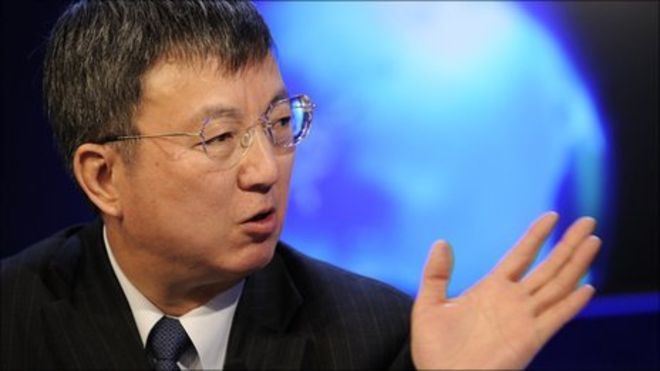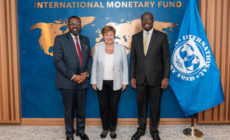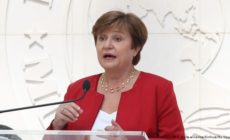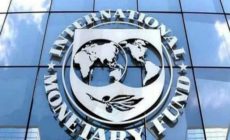“What we need to do is move forward. We can’t afford to slip. The Fund would not want to see any slippage on the part of the government. I do not want to see a slip,” he said.
In August 2014, the government turned to the IMF for financial support and advice as it battled to overcome serious macroeconomic instability caused by a hefty budget deficit of 11.6 per cent of GDP recorded in 2012, followed by another double-digit deficit of 10.4 per cent in 2013.
The IMF bailout
Before the call to the IMF, Ghana had been implementing its own home-grown stabilisation measures which involved a mixture of tax hikes and expenditure retrenchment that brought pain to Ghanaians.
The IMF support was, therefore, required to gain policy credibility and the confidence of the market.
Ghana’s three-year arrangement with the fund for US$918 million was approved on April 3, 2015. It aims at restoring debt sustainability and macroeconomic stability in the country to foster a return to high growth and job creation, while protecting social spending.
The IMF has already reviewed economic performance under the programme, supported by an Extended Credit Facility (ECF) arrangement.
Programme initiatives
Mr Zhu said the Fund would design a fiscal package in 2016 to ensure that the government maintained strong fiscal discipline during the period.
“We have agreed with the government that we need to maintain the momentum. To maintain the momentum, we will continue with the fiscal reforms capacity building.
“We have both agreed to work out an immediate fiscal package to ensure that we maintain fiscal discipline, irrespective of the political situation or process. We will provide a detailed analysis on how to maintain fiscal sustainability.
“On the fiscal side, we will continue to look at external financing and that is why we consider the latest oversubscription of the bond as good news. We will try to build confidence for the country. We need to do more and we need reforms. We need to enhance the single treasury account to ensure fiscal discipline,” he said.
On the growth side, he said, “We need growth; we need jobs, and so we need energy sector reforms and technical assistance to support growth.”
He said the Fund would support energy sector reforms and provide technical support to ensure the growth that the nation required.
“If we continue to make progress, then Ghana can give confidence to the markets and investors, which is very vital,” he said.











 (Selorm) |
(Selorm) |  (Nana Kwesi)
(Nana Kwesi)